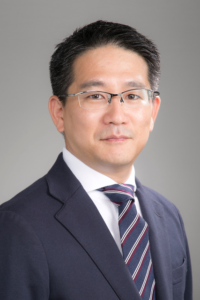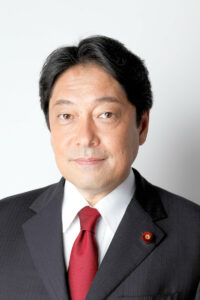
Kanehara Nobukatsu, Former Assistant Chief Cabinet Secretary, Professor of Doshisha University Interview by Nakamura Kiichiro, Editor-in-Chief of Gaiko (Diplomacy) ――Professor Kanehara, you were appointed Assistant Chief Cabinet Secretary with the formation of the second Abe Cabinet. Prof. Kanehara Nobukatsu: I remember suddenly being told to go to the Prime Minister’s Office on December 28, the day the Abe Cabinet was formed. When forming the Cabinet, a team of three was set up under Chief Cabinet Secretary Suga Yoshihide and Deputy Chief Cabinet Secretary Sugita Kazuhiro. It consisted of Assistant Chief Cabinet Secretary for Internal Affairs Sasaki Toyonari (from the Ministry of Finance) (later replaced by Furuya Kazuyuki), Assistant Chief Cabinet Secretary for Security Takamizawa Nobushige (from the Ministry of Defense), and myself who was in charge of External Affairs. We had excellent teamwork. ――What was the feeling at the time of ... ... [Read more]








